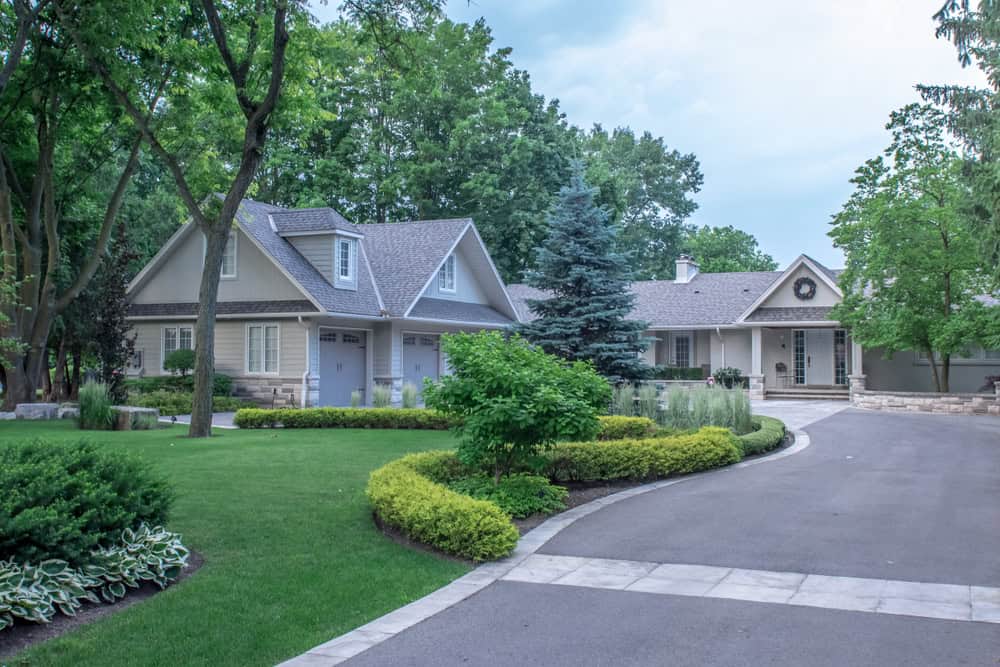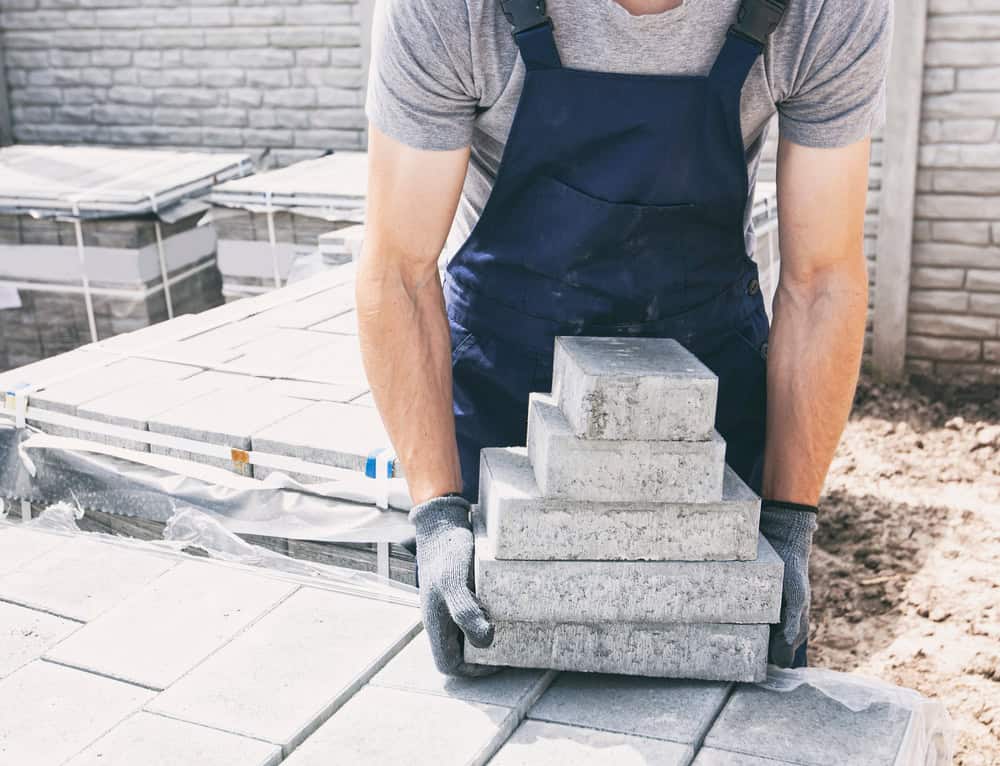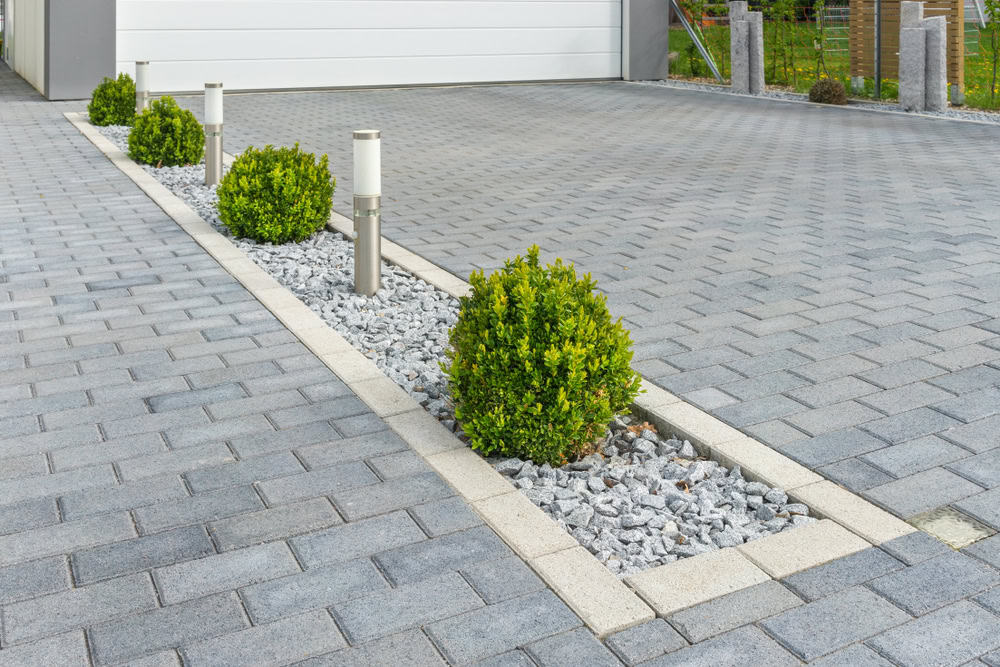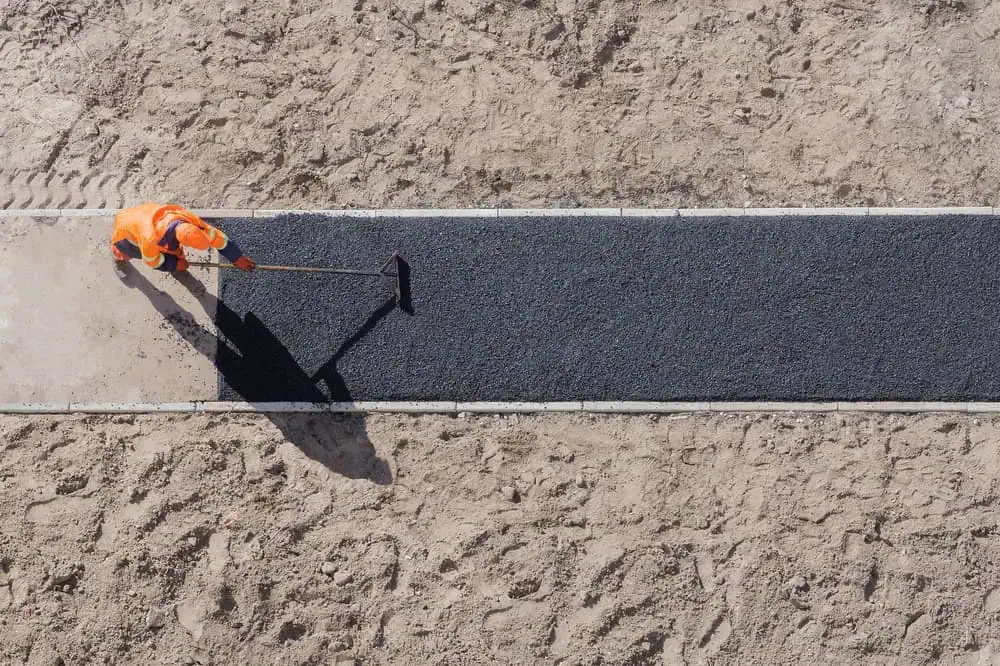Professional paver installation that increases your property value and creates the outdoor living space you actually want to use.


Your outdoor space becomes the part of your home you’re most proud of. No more avoiding the backyard or making excuses about that cracked concrete patio.
Quality paver installation means you get a surface that handles New England’s freeze-thaw cycles without cracking or settling. Your new patio or walkway looks the same in year five as it did on day one.
You’ll have neighbors asking who did the work. More importantly, you’ll have a space where you actually want to spend time – whether that’s morning coffee, weekend barbecues, or just somewhere pleasant to sit outside. The investment pays for itself in daily use and property value, but the real return is having an outdoor space that works.
We’ve been installing pavers throughout Waltham and the surrounding areas for years. We understand how Massachusetts weather affects outdoor surfaces and which materials hold up best in this climate.
Most of our work comes from referrals because homeowners see the results in their neighborhoods. We’re not the cheapest option, and that’s intentional – you’re investing in materials and installation that last decades, not years.
We handle the permits, understand local requirements, and work with your schedule. Our crews show up when scheduled and clean up completely when finished.

First, we assess your space and discuss what you want to accomplish. We’ll talk about drainage, usage patterns, and design preferences. You’ll see material samples and get a clear timeline.
Next comes excavation and base preparation. This is where most paver projects succeed or fail – we excavate to proper depth, install the right base materials, and ensure proper drainage. The base gets compacted in layers, not all at once.
Then we install the pavers according to your chosen pattern, cut edges precisely, and install restraining systems that keep everything locked in place. Finally, we sweep in joint sand and compact the entire surface. You can typically use your new paver surface immediately after installation.

Ready to get started?
Every paver installation includes proper excavation, base preparation with the right materials for our soil conditions, and professional installation with appropriate edge restraints. We handle all the details that determine whether your pavers look great for decades or start shifting within a few years.
You’ll get a surface that drains properly – no more standing water or ice patches. We slope everything correctly and can install drainage systems if your property needs them. In Waltham’s clay soils, this preparation makes the difference between a successful project and future problems.
We work with various paver materials – concrete pavers, clay brick, and natural stone – depending on your preferences and budget. Each has advantages, and we’ll explain what works best for your specific situation and intended use.

Local Resources